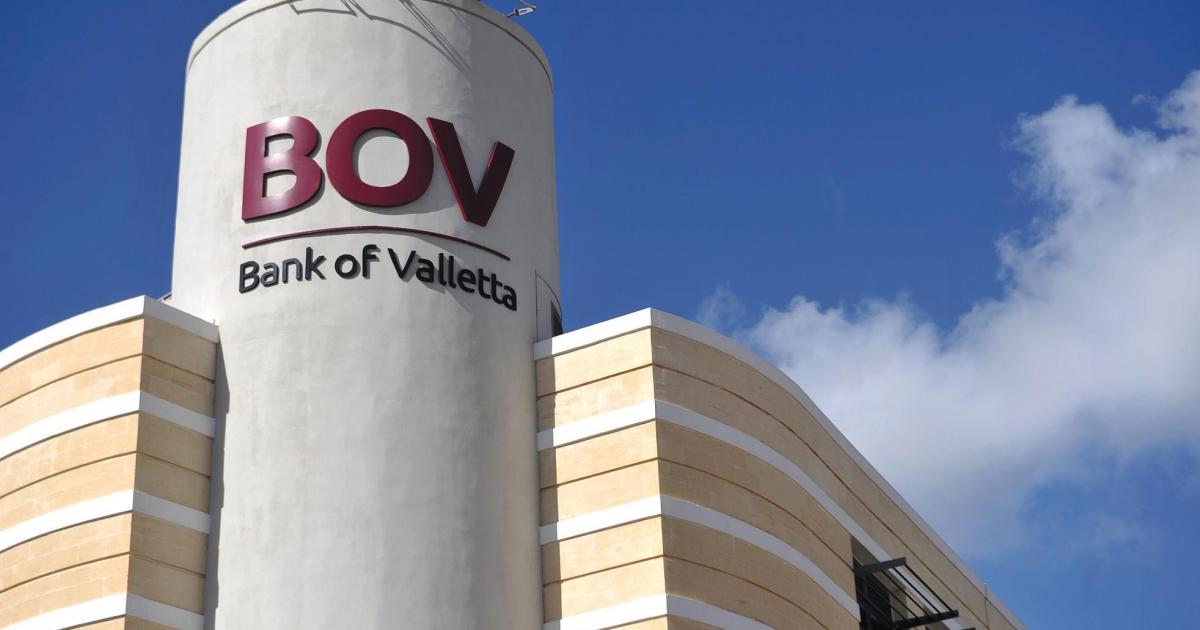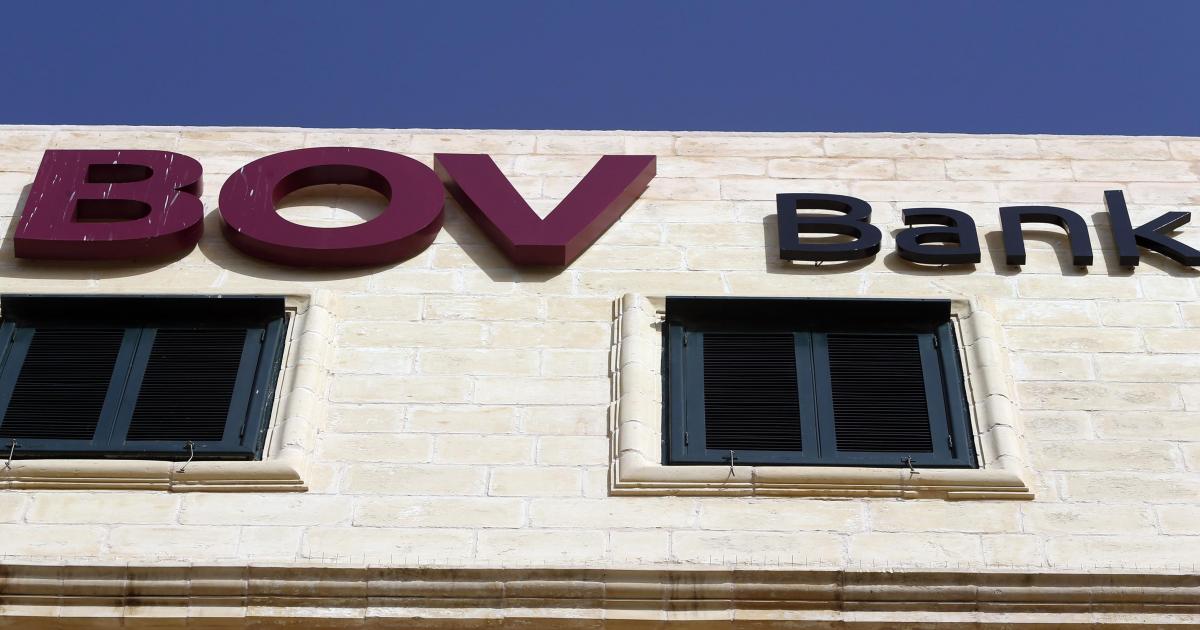
Bank of Valletta to lose its last US dollar correspondent bank
ING will cut ties to the Maltese bank in December
By December its gone. How can Malta's biggest bank not yet have found a USD replacement relationship. We are not talking satabank here we are talking BOV. Is the bank/jurisidiction repuation that bad? Most Nigerian banks have good USD correspondence relationships with major banks so this aint a good look at all for Malta that they are struggling to find replacement.
--- quote
Updated at 12.58pm with BOV chairman's comments
Bank of Valletta’s last correspondent bank for US dollars transactions is pulling the plug on its relationship with the Maltese bank come December.
ING will stop clearing US dollar transactions for BOV as of December 14, the Maltese bank said in a brief statement to the market on Monday morning.
“Bank of Valletta plc has intensified its endeavours to engage alternative correspondents to minimise any possible operational disruption to its business and its clients,” BOV said in its statement.
Talk of ING ending its relationship with BOV has been swirling for several months, with the Dutch bank reportedly keen to cut ties with smaller jurisdictions it considers to be too risky to be worth serving.
That de-risking exercise follows a hefty €775 million settlement ING agreed to pay for money laundering violations.
Back in May, a BOV official had told Times of Malta that it was preparing for the eventuality of ING ending its relationship with the bank.
“We are preparing for all eventualities and will find ways and means to widen the pool [of US dollar transaction providers],” the official had said.
Bank of Valletta had already lost US dollar services through Deutsche Bank two years ago.
Banks form relationships with other banks to ensure they can move capital quickly and easily between jurisdictions. A 2017 World Bank study found that these correspondent banking relationships have been gradually declining worldwide, as banks become less keen to take on risk and seek ways to cut compliance costs.
'Smaller jurisdictions badly hit' - BOV chairman
BOV chairman Deo Scerri made reference to this general de-risking across the banking industry when speaking to Times of Malta about ING's decision.
"Smaller jurisdictions like Malta are being particularly hard hit, since the volumes of business they generate are not sufficient to be of interest to the larger players," he said.
"In their view, such business does not produce sufficient revenue to justify the costs incurred and the inherent risk".
Mr Scerri said the bank was stepping up efforts to find an alternative US dollar clearing house, while also working internally to reduce its risk profile and strengthen its anti-financial crime structures, which would make it more attractive to potential correspondent banks.
Two "global consultancy firms" were overseeing this process, he added.
Prime Minister Joseph Muscat sought to cast BOV's correspondent bank troubles in a positive light, arguing that they were due to the bank's growth over the past years.
---- end quote





 . You never wondered why ING was their last USD correspondence bank...lol? You never wondered what happened to the other correspondence banking relationships?
. You never wondered why ING was their last USD correspondence bank...lol? You never wondered what happened to the other correspondence banking relationships?



 ....oh yes Germany is the Euro.
....oh yes Germany is the Euro.


